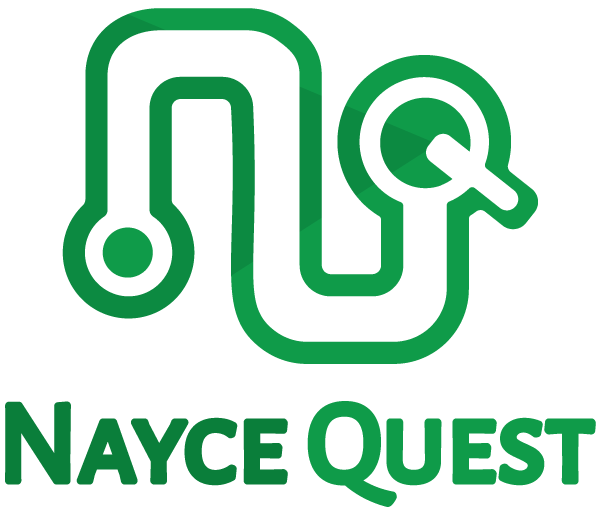Can I Get Some Power of Equality? An Analysis of Power
Many sociological theories use the concept of power as the foundation to explain interactions among individuals and collective groups to generate cultural, behavioral norms, legitimized processes, and explain organizational change. Definitions of power and empirical measurements of how power is used is complex and contextual which may lead to instances of not seeing power being used in our daily lives. We often hear the phrase "taken for granted knowledge" that assumes everyone understands universal concepts and ideologies, but we all know what happens we assume. Sociologists need to stop relying on an empirical research processes with taken for granted knowledge as means to input observed behaviors into a "black box" analysis to determine social outcomes that serve as the only knowledgeable truth. I believe that the concept of power is a taken-for-granted element of knowledge that has evolved as to help us better understand how power is used to perpetuate inequality beyond economic measures.
Zygmunt Bauman uses a historical analysis to outline the dangers of modernity and how the framework of rationalization served as the backdrop to explain the painful history of the Holocaust, that is naively believed could never happen again (2007). The concept of power is defined to impose one’s will onto others to meet desirable outcomes. Bauman argues that the bureaucratic rationalization is a means to address problems (e.g. incongruities) to root out the undesirable aspects of the process. An unintended consequence of this way of thinking can lead to reducing humans to figures as means to rationalize actions to strengthen a process. By no longer seeing humans as people, but rather objects, it lessens the need to center problem solving in an ethical or moral capacity. Adolf Hitler, a charismatic leader that became a legitimized leader, recognized the power of a bureaucratic institution to rationalize how the Jewish race as a barrier to a social eutopia. In essence, Hitler was able to dehumanize Jewish people by repackaging a systemic racial hatred and veiling science and strategic actions as a means to “morally” justify eliminating a category to architect an artificial social order. Emotion, empathy, and personal connections is what makes us human, so is it worth modernizing society at the expense of becoming less human? Are we in essence becoming cheerful robots like what C. Wright Mills defines in Sociological Imagination (1959)?
In a world of instant gratification of automated services (e.g. online shopping, electronic banking, etc.) and now in a pandemic where so much of our interactions are virtual, we are reducing opportunities to engage with people from varying classes, races, and other identity-based contexts. The less we engage on a personal level from people who are different from ourselves, the less time we spend thinking about people who are different from ourselves as a part of the reflexive process of bureaucracy. The less we are reflexive about process that include differing standpoints, the more quickly we are to create biases (also known as mental short cuts) to rationalize the justification to tweak a process that excludes or eliminates all standpoints to participate in the new process. By lessening our engagement with others, we will rely on the charismatic and legitimized leaders to propose and develop plans of society’s future.
Bauman’s framework shaped an understanding as to why the United States is continually at a crossroads on agreeing on a socially engineered future, but also who gets to participate in it. This thought terrifies me as I realize how much history is beginning to repeat itself as we continuously see news coverage of immoral decisions and inactions at the expense those in power saying what is best for the country. Inequality is no longer within the limits of economic structures but can and has morphed into inequalities that dehumanize socially constructed identities behind the guise of capitalism. Tressie McMillan Cottom investigated how organizations use legitimized processes to perpetuate racism in the digital capitalism platform (2020). Patricia Hill Collins showcases how academia has used power to commodify and manipulate knowledge with the concept of intersectionality (2019). Bauman wrote, “The coincidence of the two rationalities—of the actor and of the action—does not depend on the actor. It depends on the setting of the action, which in turn depends on stakes and resources, none of them controlled by the actor. Stakes and resources are manipulated by those who truly control the situation”.
We speak of the “Land of the free” but how free is the land if my idea of free is not free for others and why is the agency to decide what freedom entails only held by a select few instead of the power of the people? I am willing to pay the cost of taking the time to slow down, inquire, and learn as a means for to cultivate a society of equitable agency and inclusion. By not taking these steps, I may lose out on opportunities to engage with people, ideas, and cultures that are different than me and ultimately minimize them into insignificance. We all should acknowledge the taken for granted understanding that we all have the responsibility to interact with people as people if we are to share this world together.

